Malaysia’s Corruption Pandemic
While 1MDB took centre stage, corruption has been rife throughout the rest of government bureaucracy
Recently, the Minister for Islamic Affairs within the Prime Minister’s Department Idris Ahmad reprimanded those who criticized the Malaysian Islamic Development Department (JAKIM) for being slow and inefficient in dealing with allegations of corruption.
Idris went onto say that those who criticised JAKIM were committing a sin, inferring anybody criticizing government, political, and administrative leaders were themselves sinners for demeaning the reputation of government institutions.
Such is the sorry state of integrity, when whistle blowers are declared the sinners.
In the 2021 Transparency International Global Corruption Index, Malaysia ranked 62 out of 180 countries, down 3 positions from 2020. According to the Global Corruption Barometer, 71% of local people believed government corruption was a big problem, while 13% of public services users declared they had paid a bribe over the previous 12 months.
Malaysian Anti-Corruption Commission (MACC) statistics show a clear rise over previous years, although arrests are clustered around operational officers, rather than department heads.
With corruption in the news on a daily basis with the Najib Razak, and now Ahmad Zahid Hamidi court cases, people are getting a clear view of corruption taking place within the highest echelons of government. The revelations that senior politicians Muhyiddin Yassin, Khairy Jamaluddin, Reezal Merican Naina Merican, Hishammuddin Hussien, Shafie Apdal, and Anifah Aman received kickbacks, makes Malaysia look like the country is facing a serious crisis of corruption in high public office.
One of the great tragedies of the 1MDB financial scandal is that it took away focus on other corruption issues widespread around the country. Mahathir Mohamed made 1MDB the major issue of the 2018 general election with the aim of toppling Najib Razak from office.
While 1MDB took centre stage, corruption has been rife throughout the rest of government bureaucracy without being checked. MACC statistics clearly show that very few masterminds have ever been arrested, or faced justice.
Corruption exists across all facets of government. We hear of crony capitalism where favoured corporations are given monopolies, exclusive licenses, favoured through secret tenders, and given Approved Permits (APs). The Ahmad Zahid trial revelations shows just the top of the iceberg of “special payments” the countries leaders receive through various corrupt business arrangements.
Corruption also flows down the hierarchy, were senior bureaucrats and state politicians manipulate land deals, receive commissions from dealing in permits and contracts. Infrastructure development is undertaken by ‘crony companies’, and consultancy jobs dished out to favoured firms. At state level, when there is a change of chief minister, contracts and service companies are nearly always changed over to companies they favour.
Still at a lower level, administration staff learn ways to benefit from stationary contracts, vehicle repairs, IT services or anything else that requires contracting the work out, or seeking goods and services from outside parties.
Government, the military, educational institutions, universities, state economic development corporations, and Menteri Besar Incorporated (MBI) companies all facilitate the leakage of funds.
The appointment of politicians to the boards of GLCs is not about prestige and fame. They are not even about the allowances. These appointments are about leveraging the position to channel work contracts their way for financial benefit.
Corruption is so rampant across government that nearly 30% of all government spending is leaked off to private interests or individual benefit, in some way or another. This is the pandemic of corruption that is severely weakening the efficiency and effectiveness of government.
Public policy is undermined to the point that much of the implementation is totally ineffective. Some projects are planned, financed and developed for the sole purpose of individual profit, and left dormant, becoming a white elephant, after the funds have been raped by the appointed developers.
This is the story of government Malaysian style.
The big problem here is that 99% of corruption remains hidden, covered up, undetected, or even apathetically ignored, where the culprits will never face any investigation, charges, or convictions. The chances of being caught are negligible.
This is not just occurring on the government side of politics. There were a number of rumblings about corrupt practices within the Pakatan Harapan government over the months before they lost power in February 2020. Had Pakatan been in government longer, a number of corruption issues would have come to light.
It’s too early to know the facts of the Syed Saddiq Syed Abdul Rahman’s criminal breach of trust and money laundering case. However, large sums of cash and an attempt to create patronage was involved. The swift handling of the Lim Guan Eng case after Pakatan came to power left many questions unanswered.
Details were disclosed by Chan Foong Hin the MP for Kota Kinabalu that cash was involved in the signing of the MOU between Ismail Sabri and opposition. There has not been any transparency over where the money went and how it was spent. This payment was not mentioned within the MOU document.
One of the major issues are cultural interpretations of corruption. Corruption is most often covered up to keep reputation and prestige of an institution, agency, or ministry. This was Idris Ahmad’s perspective over allegations of corruption at JAKIM. Idris was simply trying to save the prestige of JAKIM.
In addition, within Malay culture there is a very blurred line between helping others and corruption. A chief minister giving a class F contract to an old kampong friend who is facing financial difficulties, and has many dependents, is seen as helping someone in need, rather than corruption.
Giving some gratitude toward someone in government who has assisted solving a problem has long been something Malaysian to do. This is very much the theme of Lim Guan Eng’s corruption trial where a key prosecution witness Zarul Ahmad Mohd Zulkifli testified he gave the accused RM200,000 on two separate occasions, while Guan Eng was Penang CM.
Some of the more petty corruption exists within this blur, even Najib apologists have claimed 1MDB was about arming the UMNO “war chest.” There is a long list of recipients.
This is part of the problem. Around 35% of students in a survey agreed that taking gifts in exchange for favours is acceptable. Long-term, a massive education campaign is needed to change Malaysians’ mindset. One academic at UKM Anis Yusal Yusoff said there is a disconnect between Islamic teachings and how Muslims conduct themselves. Anis said it was a matter of integrity where Malaysians are insistent on only eating in halal-certified outlets, yet took or gave bribes.
There is no quick fix.
Originally published in Eurasia Review 29th June 2022
Subscribe Below:

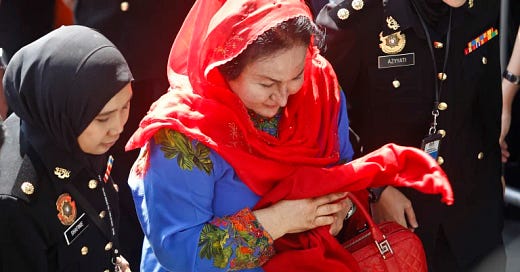



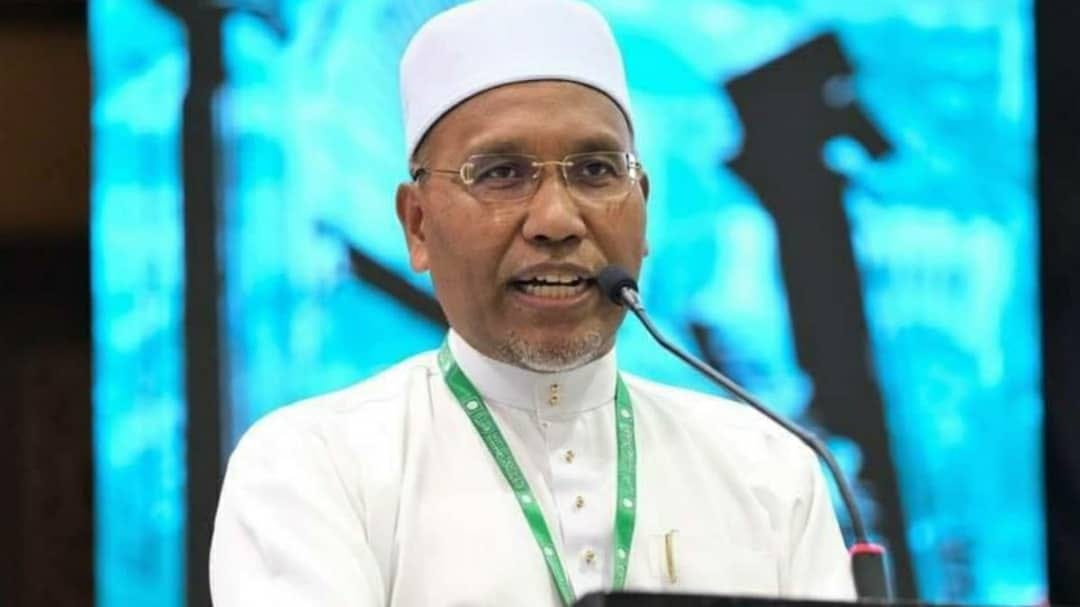
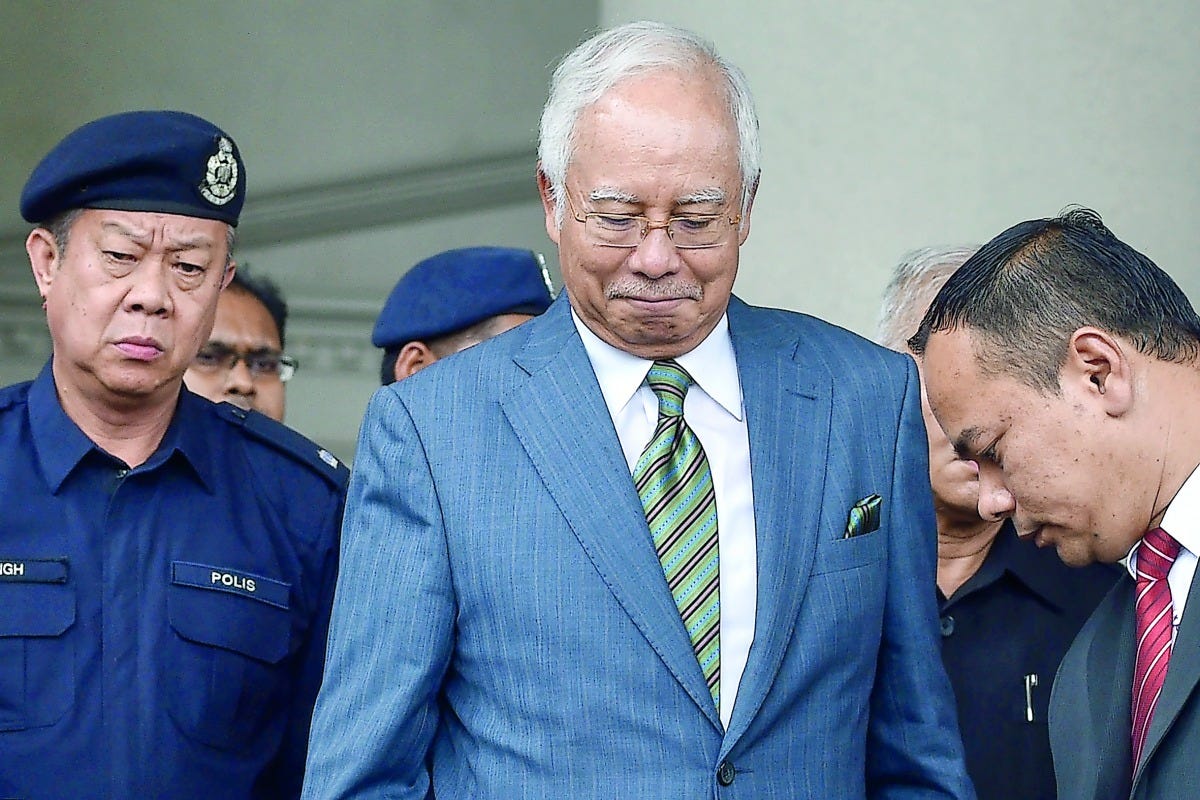
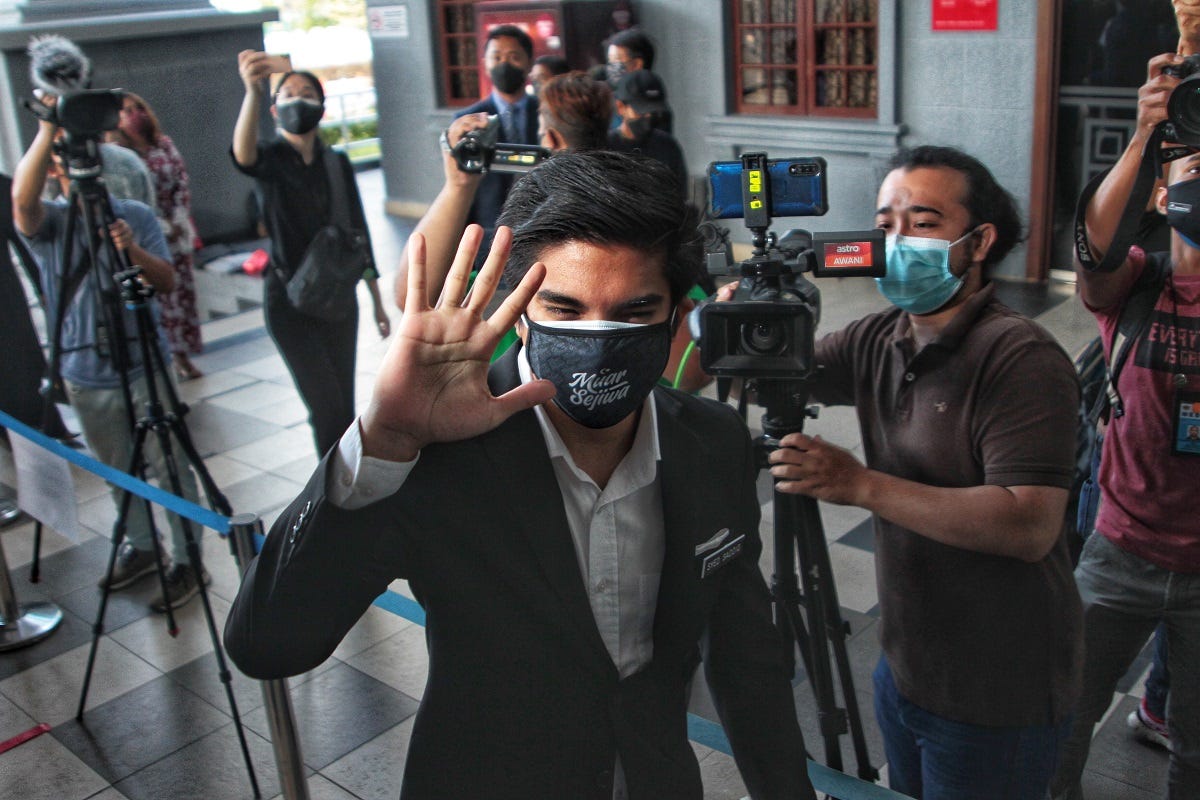
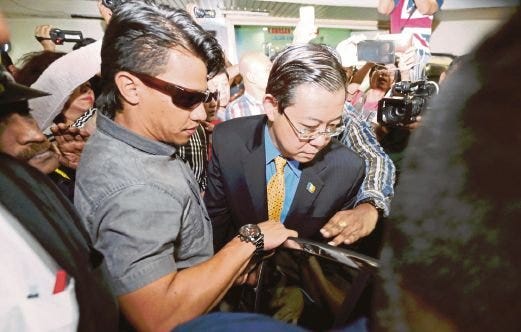
What a mismatch of living culture around us? Noteworthy to know that insisting to sit in halal food outlets, but do not mind taking "handouts" or exchanging "cash gifts" for favour!! Bribes are not considered "haram"??
There is a quick fix: Quickly place a totally incorruptible person in the top position, if such a person can be found.